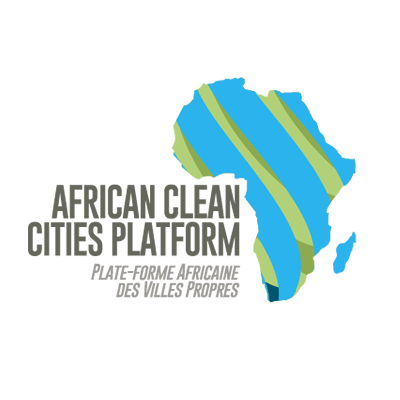Kitwe, Zambia - The City of Kitwe has taken significant steps to improve waste management in peri-urban and high-density areas by engaging cooperatives and small to medium enterprises (SMEs) for door-to-door waste collection. This initiative aims to foster community ownership, enhance program acceptability, and eliminate illegal refuse dumps. Residents now pay for these collection services, leading to the successful removal of illegal dumps in several wards.
To further bolster the program, the city allocated locally generated funds to purchase tractor trailers for community clean-up activities, ensuring better support for waste collection and disposal efforts.
Kitwe has also prioritized data-driven waste management strategies. With technical support from UN-Habitat and partners, the city conducted a waste characterization using the Waste Wise Cities Tool (WaCT). The study revealed Kitwe generates 844 tonnes of waste daily, with a collection efficiency of just 25% and a recovery rate of 2%.
Additionally, Kitwe leveraged support from Bloomberg Philanthropies, receiving guidance on data performance management. This support enables the city to set and track targets, such as eliminating illegal dumps, enhancing enforcement against illegal dumping, and conducting community sensitization campaigns on proper waste management practices. Collected data is analyzed and used to allocate resources effectively.
Under the Bloomberg Philanthropies Youth Climate Action Fund (YCAF), Kitwe secured USD 50,000, allocating USD 40,000 to youth-led initiatives and USD 10,000 for administrative costs. Projects funded include producing stock feed from organic waste using black soldier flies, purchasing and reselling recyclable materials, and waste collection ventures.
Challenges Facing Waste Management in Kitwe
Despite these advancements, the city faces several challenges:
- Inadequate Equipment: Limited solid waste management tools and utility vehicles hinder operations.
- Disposal Site Limitations: The disposal site lacks a weighbridge, fencing, and sufficient capacity.
- Informal Waste Pickers: The lack of formalization limits their integration into the waste management system.
- Operational Gaps: Insufficient office equipment and field monitoring resources reduce efficiency.
Call for Collaboration and Solutions
Kitwe is seeking funding opportunities to address these challenges and invites members of the African Clean Cities Platform (ACCP) to share solutions and best practices.
The city emphasizes the importance of community involvement in designing and implementing solid waste management programs. Success hinges on strong collaboration with local residents, ensuring sustainable and impactful interventions.
Kitwe also encourages other cities to join the ACCP, highlighting the significant benefits of networking, technical support, and shared learning offered to members.
By integrating community-driven approaches, innovative funding mechanisms, and robust data management, Kitwe aims to overcome its challenges and pave the way for sustainable waste management solutions.
